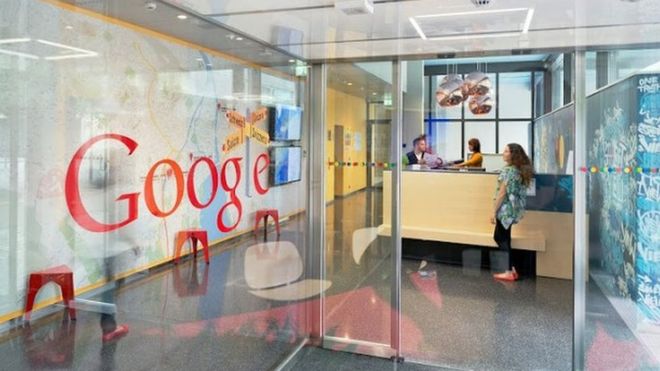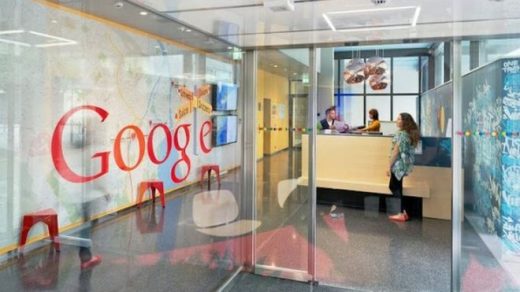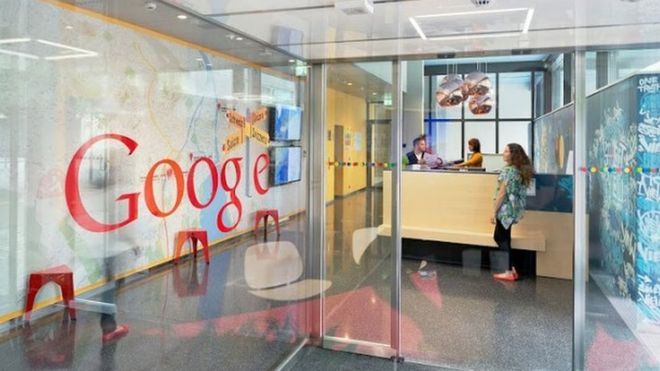Google Zurich Research Centre Aims To Teach AI Common Sense
Google working on ‘common-sense’ AI engine at new Zurich base
17 June 2016, Technology

Google is extending its push into artificial intelligence with a new European research centre dedicated to advancing the technology.
Based in Zurich, the team will focus on three areas – machine learning, natural language understanding and computer perception.
Emmanuel Mogenet, who will head the unit, said much of the research would be on teaching machines common sense.
There was, he said, “no limit on how big I grow the team”.
“We are very ambitious in terms of growth. The only limiting factor will be talent,” he told journalists gathered in Zurich to hear more about Google’s AI plans.
Machine learning is already the “secret sauce” in a lot of Google products, said Mr Mogenet, including search, spam filters, translation and content removal, as well as newer products such as its virtual helper Google Assistant, messaging app Allo and self-driving cars.
“We are on the brink of a brand new era of computing,” Mr Mogenet told journalists.
One of the key focuses would be on teaching computers “common sense”, he said.
“A four-year-old child learns about the world through their senses so they know that cows don’t fly without being told this. Computers need to understand some obvious things about the world so we want to build a common-sense database.”
Another key focus will be improving human/machine dialogue.
“Google has always been in the business of natural language because that is how people search but we have never really understood the question. We have just matched keywords with content and rank that content smartly,” he said.
“The next stage is to truly understand what people are asking.”
Finally, the researchers would delve beneath the bonnet to try to understand “how machines learn and why deep learning works so well”, he said.
Google’s high profile AI team DeepMind, based in London, has the broader ambition to “solve intelligence”.
It caused controversy recently when it was revealed that it had been given access to the healthcare data of millions of patients as part of a partnership with the NHS to develop an alert system for kidney disease.
DeepMind research scientist Thore Graepel was at the Zurich event to give an update on its other high-profile project – a landmark battle between human and AI, in which its computer program AlphaGo took on the world’s best Go player, winning four out of five of the games.
Key moment
Dr Graepel said Go players around the world are now “keen to play AlphaGo”.
“There is a great desire to make it available in some form,” he said.
But first, the researchers have a rare opportunity to “debug an AI system”.
“AlphaGo lost a game and we as researchers want to explore that and find out what went wrong. We need to figure out what its weaknesses are and try to improve it.”
One of the machine’s moves – number 37 in game two, has been hailed by both Go and computer experts as a key moment for the game and for the development of AI.
“The move came out of nowhere. It stunned Lee Se-dol. It was the result of two neural networks working together and could represent the first signs of computational intuition and creativity,” said Dr Graepel.
(23)



